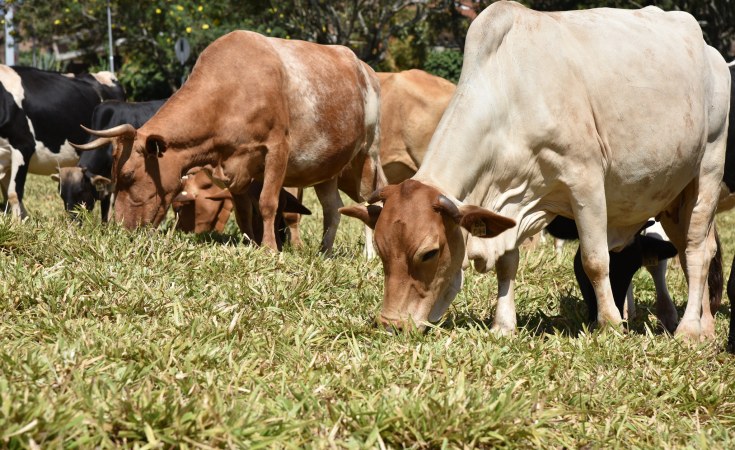Naivasha — The livestock crisis in Kenya and the Greater Horn of Africa region has reached alarming proportions, with more than 8 million animals lost due to feed and fodder shortages, as reported by the African Union InterAfrican Bureau (AU-IBAR) for Animal Resources.
This devastating situation has not only resulted in significant economic losses for thousands of families, but it has also made highly nutritious livestock products such as milk, meat, and eggs unaffordable for those who need them the most, according to AU-IBAR.
The primary cause of the shortage can be attributed to the adverse effects of climate change, which have led to unpredictable weather patterns and prolonged drought seasons.
Compounding the already dire situation is the impact of the global COVID-19 pandemic and the ongoing Russia-Ukraine war, further exacerbating the challenges faced by the region.
To address this pressing issue, the Bureau is convening a crucial five-day consultative workshop called the Resilient African Feed and Fodder Systems, which will be held in Naivasha, Kenya.
The workshop aims to bring together experts, including Dr. Nick Nwankpa, the Ag Director of AU-IBAR, Dr. Christopher Wanga, the Director of Livestock Policy Research and Regulations, State Department for Livestock, and representatives from the Bill and Melinda Gates Foundation, including Dr. Shannon Mesenhowski, Senior Program Officer of the Livestock Team.
"This evidence base is critical to shaping coordinated action to respond to feed and fodder shortages that have led to huge losses of livestock," the DR Nwankpa led AU-IBAR said.
The Bill and Melinda Gates Foundation is collaborating with AU-IBAR to develop evidence-driven short-term solutions that will build resilience and address the adverse effects of crises on African feed and fodder systems.
This evidence-based approach is vital in shaping coordinated actions to tackle the feed and fodder shortages that have led to significant livestock losses.
In response to the shortages, many farmers in Kenya and the Greater Horn of Africa have been forced to feed their livestock with low-quality feeds, resulting in reduced animal productivity.
Climate change's unpredictable weather patterns have also affected farmers who prefer to grow maize, leading to crop failures and a subsequent decline in feed quality and quantity.
It is worth noting that feed constitutes a significant portion, 60-70 percent, of the total cost of animal production, making it crucial to find sustainable solutions to ensure business continuity and livelihoods in the region.
In 2022 alone, the United Nations Office for the Coordination of Humanitarian Efforts reported that Kenya lost more than 1.5 million livestock due to drought, leaving more than 4 million people at risk of hunger.
The urgency of the situation necessitates collective efforts and innovative measures to address the feed and fodder crisis in Kenya and the Greater Horn of Africa.
The AU-IBAR workshop aims to produce actionable strategies that will not only alleviate the immediate impacts but also build long-term resilience for the region's livestock and communities.


